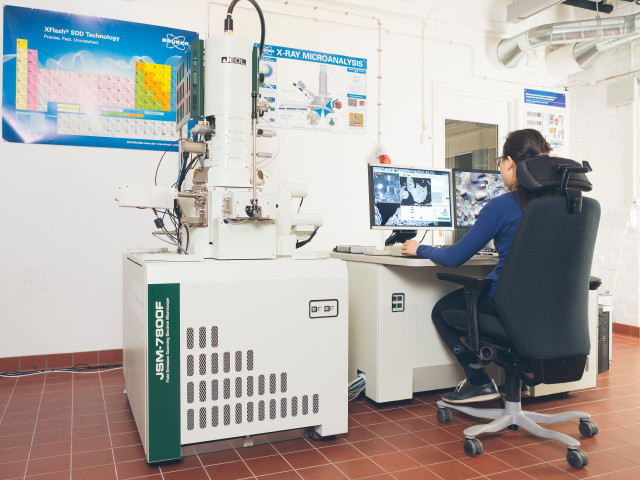The advanced course consists of 3 modules intended to provide a broadening and deepening of knowledge about metallic materials. The modules focus may vary from year to year.
Module 1: Fundamentals of process metallurgy
- In the module the Swedish main production processes for metals are treated. More specifically, it discusses the production of iron, steel, copper, aluminum, zinc and Silicon. The most important thermodynamic and kinetic conditions in each process are treated in a simplified manner.
Module 2: Material forming
- Module 2 includes Industrial casting methods, Plasticity theory and different plastic working processes for metallic materials. Specifically the material behavior at large plastic deformation and the plastic processing operations, forging, rolling, extrusion and drawing are studied. These are dealt with by considering the working temperature, work hardening and micro structural development.
Module 3: Toolbox for materials and processes
- The module will be given in the form of project work where students choose tasks and perform work individually under supervision.
